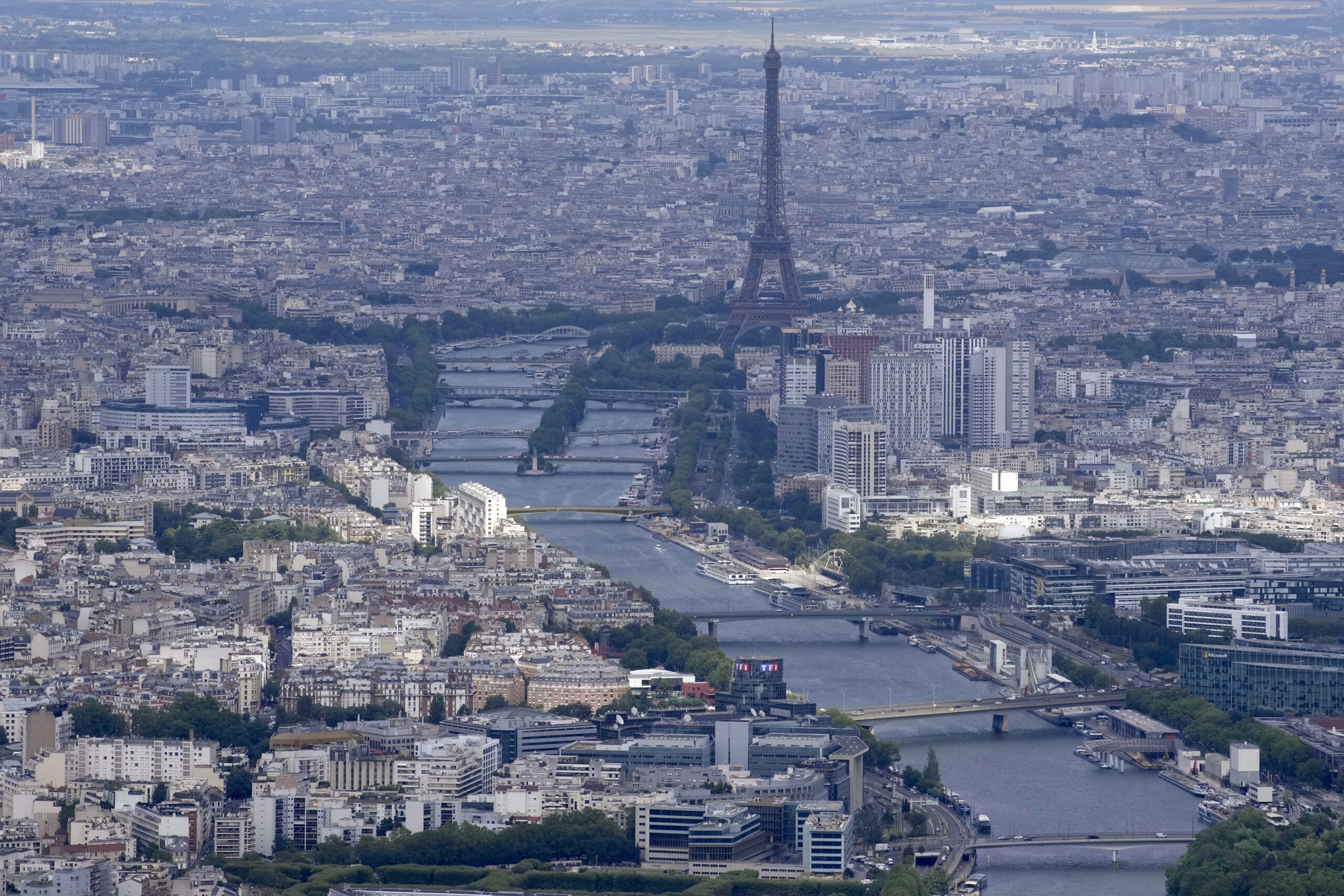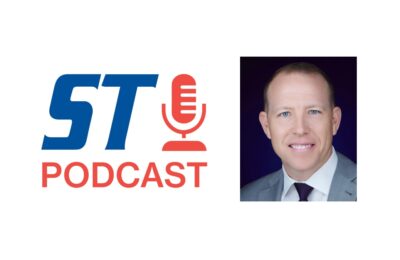
Swimming events scheduled for the River Seine are still planned even after heavy rain cancelled a test event scheduled for this week, the International Olympic Committee said during this week’s Executive Board meetings.
A $1.5 billion investment to improve the water quality has been one of the centerpieces of Paris organizers’ plan for a legacy after the Games. Heavy rains overwhelmed old sewers in Paris and prevented some test events for the Olympics from taking place last August and an open water swimming test event scheduled in the Seine was cancelled because of heavy rainfall, which can lead to increased pollution in the Seine.
Le Monde said last week that discharge in the Seine was measured at 349 cubic square meters per second, with the level desired for this summer’s events at 100 cubic square meters. Those downpours have complicated the issue, IOC Olympic Games Executive Director Christophe Dubi said Thursday, although an update was “very reassuring.”
“No reasons to doubt,” Dubi said at an online briefing after hearing from city officials and Summer Games organizers. “We are confident that we will swim in the Seine this summer.”
The Seine itself has been a focus of planning for Games organizers not only for its role in the Opening Ceremony but because it is the venue for marathon swimming at the Paris Games and the swimming leg of the Olympic and Paralympic triathlons.
Paris mayor Anne Hidalgo was scheduled to take a dip on June 23, Olympic and Paralympic Day, along with several others including potentially French President Emmanuel Macron. But Hidalgo’s staff announced Wednesday she would not be able to on June 23, or a week later, because of the parliamentary elections called by Macron,
“We’re going to give ourselves time to get through the legislative elections,” said Hidalgo, reported Le Monde. “We’ll come in July instead, but before the Games.”
Not only is water quality being monitored, the IOC is also still vetting Russian and Belarusian athletes with less than 50 days from the Opening Ceremony on July 26.
“The vetting process is ongoing,” IOC Spokesman Mark Adams told a press conference. “It is ongoing and will continue towards the Games. The reason it is taking so long is we are doing it very, very thoroughly. … We need to get the information from a lot of people. So the process has to be done properly.”
The IOC expects about 36 Russian and 22 Belarusian athletes competing as neutrals in Paris. The maximum number, the IOC said earlier this year, would be 54 and 28 respectively.
“You can imagine the amount of work required to go through a full and through process,” said IOC Sports Director Kit McConnell.
“That includes review of contracting situations, social media and so on. In terms of timelines we are conscious of confirming the places available. We are working with international federations and trying to do that as quickly as possible… but obviously in a very thorough way.”
Following Russia’s invasion of Ukraine in 2022, the IOC recommended a ban from international competitions of athletes from Russia and its ally Belarus but has since allowed them to qualify for the Games as neutrals. Each qualified athlete is undergoing vetting by a three-member panel appointed by the IOC. Not having actively supported the war in Ukraine and not having been contracted to any military or security agency are among those criteria.






























 Copyright © 2025 by Northstar Travel Media LLC. All Rights Reserved. 301 Route 17 N, Suite 1150, Rutherford, NJ 07070 USA | Telephone: (201) 902-2000
Copyright © 2025 by Northstar Travel Media LLC. All Rights Reserved. 301 Route 17 N, Suite 1150, Rutherford, NJ 07070 USA | Telephone: (201) 902-2000